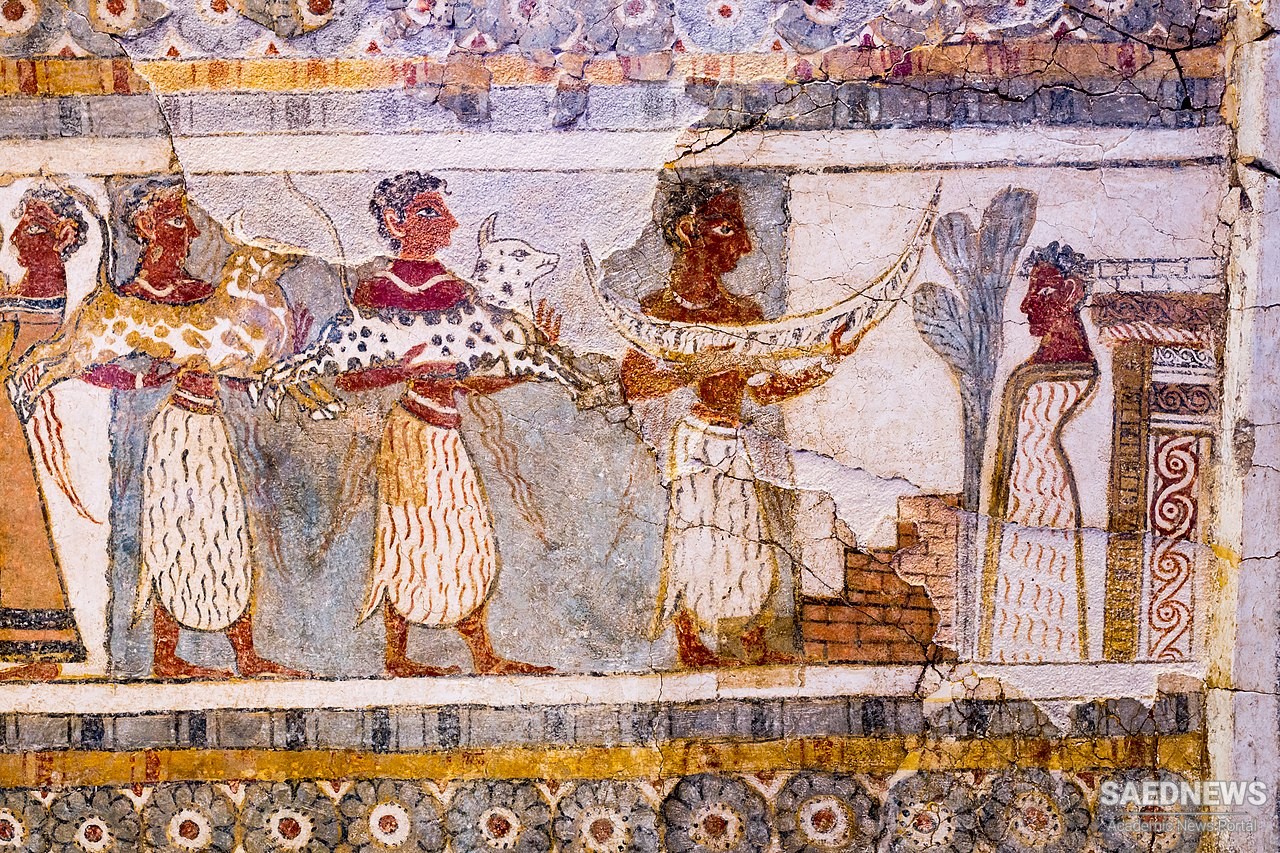The development of theory about ritual is influenced by culture, yet it is clear that culture is anever-changing reality. How, then, does this reality manifest itself in religious communities on their corporate and individual spiritual journeys? Traditional church cultures, for example, may not easily relate to the outside world, sometimes preferring 17th-century language, practices and rituals that defy understanding by those outside the walls of the church building – and even by many within. The creation of new ways of ‘being’ church, new rituals, is relevant for millions embarking on Christian journeys in Latin America or Africa, enabling authenticity in each context, without losing the centrality of shared faith. The impact of cultural change – or contextualization – enables the creation of a new ‘group identity’, visible outside the church, recognized within the church, and responded to by the church. The diversity of life in the 21st-century demands a review of the wisdom of continuing the classical ‘perfection’ of a traditional religion that does not recognize the ethnic and sociological plurality that now exists. And whether rituals enable faith communities to provide ‘just a religious version of the surrounding culture’, or whether they contribute to the creation of their own counterculture, such activities draw people together into community, cultivating a shared life journey together, with or without the mediation of religious leaders (Source: Spiritual Journeys and Pilgrimage Tourism).


 Pilgrimage Tourism and Facilitation of Culturally and Contextually Grounded Globalization
Pilgrimage Tourism and Facilitation of Culturally and Contextually Grounded Globalization














































